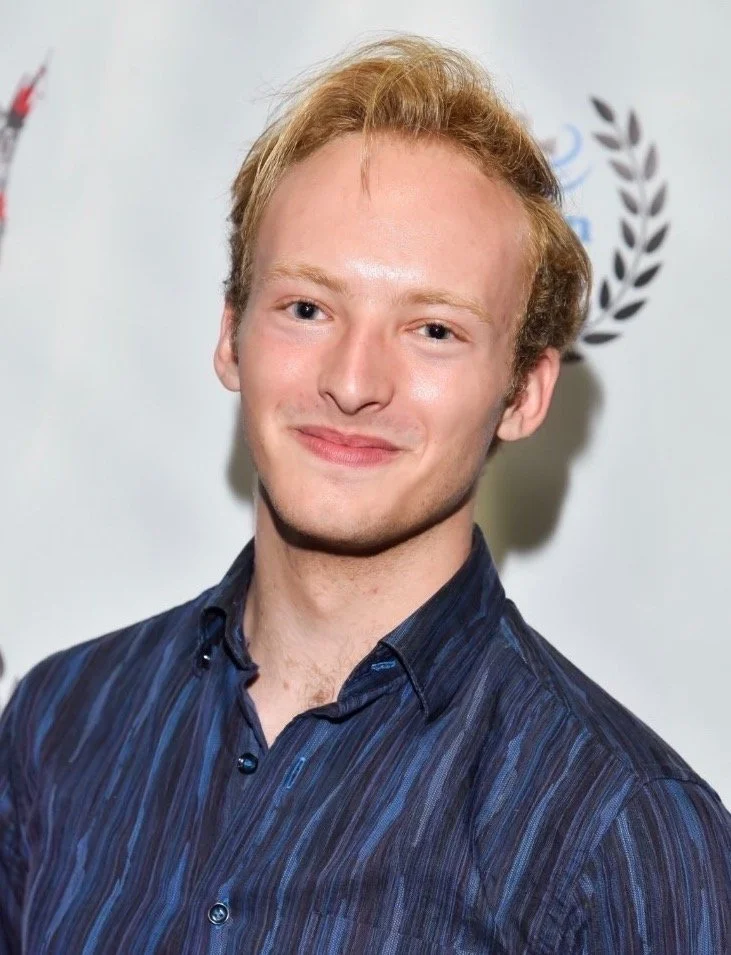Opinion | Reflecting on ‘City of God’ screening and Fernando Meirelles masterclass
A film student reflects on the ‘City of God’ screening and director Fernando Meirelles’ masterclass, which included an interview by Dodge College of Film and Media Arts Dean Stephen Galloway. Photo collage by ANGELINA HICKS, editor-in-chief
On Sept. 27, I attended the Fernando Merielles masterclass, which consisted of a screening of his film “City of God” (2002) in the Folina theater followed by an interview about Merielles’ journey as an artist and the process of making the film.
“City of God” mainly follows two young men, Rocket (Alexandre Rodrigues) and Lil Ze (Leandro Firmino), growing up in the slums of 1970’s Rio de Janeiro as they diverge down two very different life paths. The audience is pulled into an incredibly distinct world created by a series of story off-shoots that all end up winding back to serve the central story.
Jack Perry, sophomore film production major
In the Q&A with Stephen Galloway, the dean of Dodge College and Film and Media Arts, Fernando Meirelles explained the process of adapting the original novel by Paulo Lins into the screenplay. He and his hired writer made “character piles” where they’d combine 10 or 11 characters from the novel into a single movie character.
I’m glad I heard about this after seeing the film because if I had known before, I would have watched the movie trying to pick apart the characters’ stories trying to guess where the story stitching was.
Knowing about the character fusing also completely changes the way I see the antagonist, Lil Ze. Lil Ze has much more screen time and influence than the protagonist Rocket. I think it’s very interesting how Rocket is a well-received, well-liked protagonist, even though he has very little impact on the plot and is given substantially less screen time than the central antagonist.
Many films are criticized for this, but something about the script for “City of God” makes it work. It’s probably because Rocket is in a similar position to the audience. He simply watches the events and captures them on his camera.
The knowledge that this film is based on true stories and that Lil Ze is a combination of multiple characters makes him much scarier. It puts this image in my head of many, many terrible people spread out across the City of God committing the actions we see Lil Ze perpetrate.
Although, I think giving Lil Ze the vast majority of violent, criminal scenes takes away some of the message of the film. If his scenes were distributed among more characters, it would expand and deepen the criminal world the film creates.
Having Meirelles there for the Q&A was incredibly insightful in an unexpected way. When asked about his process, his artistic spark, what inspired him as a kid and how he gets his ideas, everyone leaned forward in their seats for his answers.
But his answers were often along the lines of, “I don’t know. The ideas just come. There’s not much planning.” For a group of young aspiring artists and creators who are fully immersed in college classes to study and learn technique, it was definitely not what we anticipated.
Meirelles explained how his process isn’t much of a process at all. He calls himself a “jazz director,” meaning he can show up to a set without a shot list, get a feel for the environment and play around with ideas until the scene feels right to him.
I think on the surface, it was an unusual masterclass because the speaker didn’t have much technical advice to offer. But, perhaps that’s the lesson right there. Instead of learning technique, we learned about a different style of directing that we as students don’t learn about in class.
Meirelles comes to set and allows himself total creative freedom. Where we are taught to prepare a shot list and plan our shoots meticulously, he, as he said, takes a more free “jazz-like” approach.
Overall, it was a very interesting, perspective-widening event with an incredibly talented filmmaker who just happens to not have many technical filmmaking lessons to share because his process is… having no particular process at all. What he does clearly works for him and it produces phenomenal films like “City of God”.


